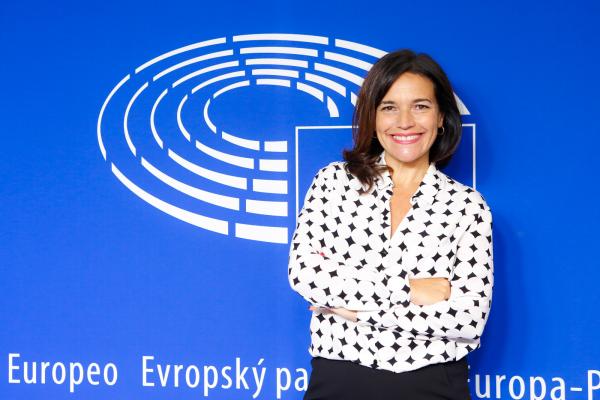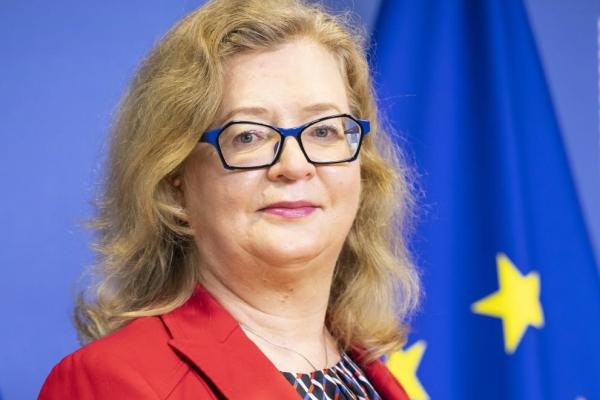Some time ago, JRC embarked in a pilot project to accompany European territories towards innovation strategies for place-based transformations. With the collaboration of the Committee of the Regions, more than 70 territories took ownership of the initiative and worked together to co-create and test new ways forward.
Together, we have outlined a framework, the ACTIONbook, to root efforts in the unique characteristics and potential of each region and territory, and steer them towards EU priorities.
Last 9 April we visited Kera, a future sustainable district in Finland where low-carbon concrete is produced. We also stopped by Medimurje, in Croatia, and learned how they transformed former barracks into a knowledge centre where children can learn robotics and science. And we travelled to Tuscany, Italy, to see how a traditional textile district can become circular thanks to digitalisation.
All of them are excellent examples of using local strengths to innovate and grow. And your territory? What is your potential to innovate?
Watch Territories in ACTION and discover the secrets of innovative places with truly transformative powers.
Special guests
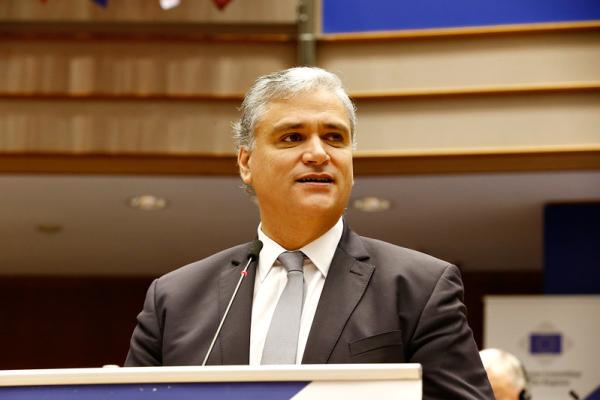
President of the European Commitee of the Regions
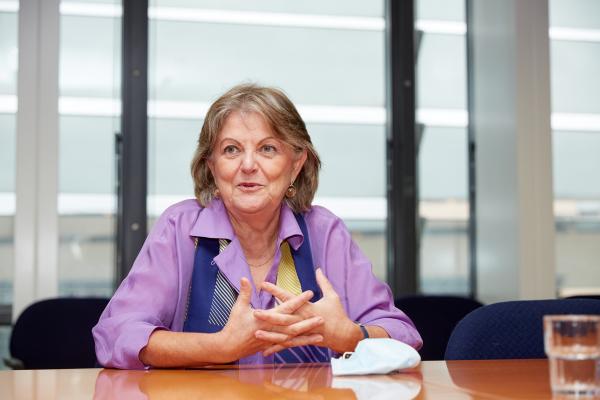
European Commissioner for Cohesion and Reforms

European Commissioner of Innovation, Research, Culture, Education and Youth
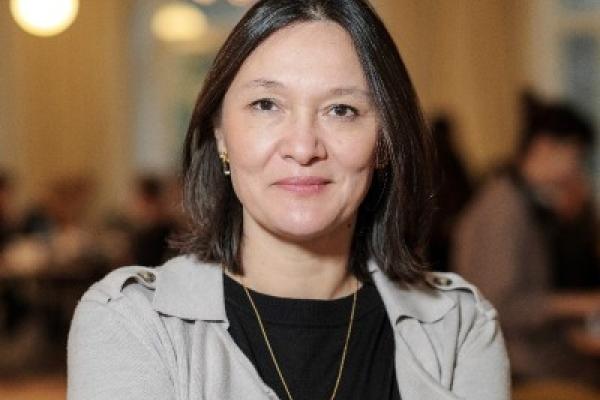
Professor at the Department of Economic History at Lund University

Mayor of Gabrovo Municipality, Bulgaria
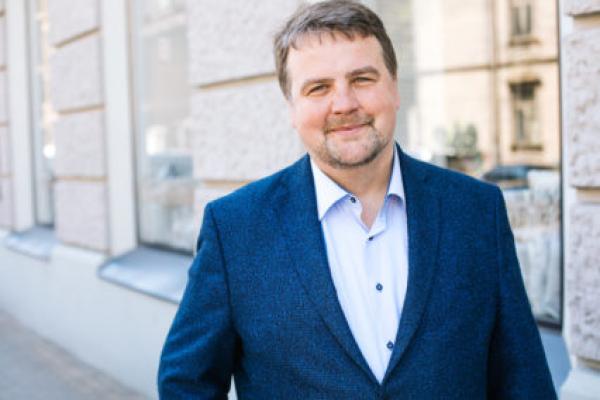
Member of the European Parliament
Examples of Territories in ACTION
Is it possible to take advantage of former military barracks?
The Knowledge Centre in Međimurje County is an example of innovative urban regeneration and economic transformation effort. A new vibrant ecosystem for innovation that has increased the competitiveness of the Croatian region.
How can an old industrial area transform into a cutting-edge sustainable district?
Espoo aims to turn the Kera District into a pioneer in sustainable development, circular economy, and digitalisation, leading in resource-efficient construction, innovative and low-emission energy solutions, and new digital services and applications. Meanwhile, Keran Hallit is the starting point for planning this smart city.
In Prato, small and medium-sized businesses can access PRISMALab, a hub that promotes a culture of innovation and digitalisation. Thanks to the support of public institutions, one of Italy's traditional textile districts is improving in digital skills to continue moving towards circularity.

